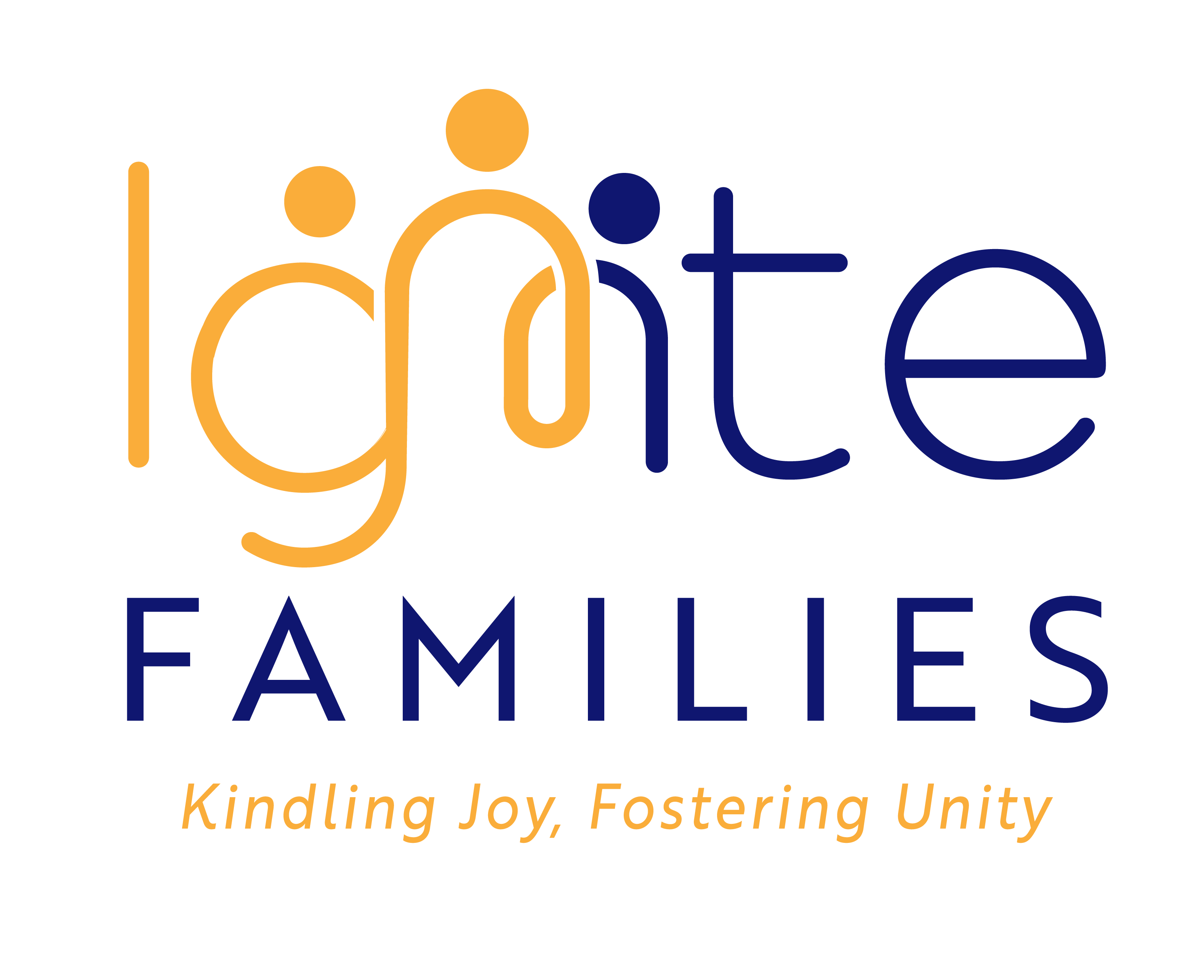Ignite Families is committed to maintaining a safe, supportive environment for our staff and families. These policies outline our standards for safety, compliance, and care.
Last Updated: September 2025
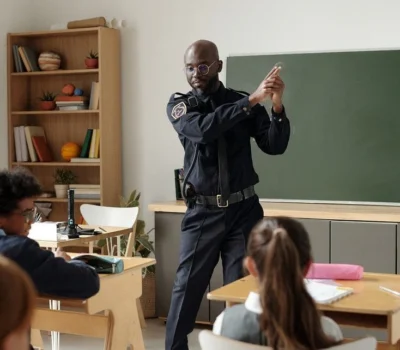
Active Shooter Response
Learn how Ignite Families follows the DHS “Run, Hide, Fight” protocol to ensure safety during violent events. Understand evacuation steps, client care responsibilities, and emergency contact procedures to minimize risk and protect lives.

Car Seat Safety Policy
Ignite Families ensures child safety through proper car seat use and education. Staff and parents follow state laws and CDC guidelines for correct installation, positioning, and inspection to reduce injury risks during transportation and promote secure travel practices.

Child Abuse Recognition & Reporting
Ignite Families upholds Indiana’s mandatory reporting laws by ensuring every staff member recognizes and reports signs of abuse or neglect. Learn how to identify warning indicators, follow reporting procedures, and protect children through prompt, responsible action.

Client Injury During Visitation
Ignite Families outlines a clear step-by-step protocol for managing client injuries during visitation. Staff are trained to ensure safety, assess severity, notify all required parties, document incidents accurately, and follow confidentiality and reporting procedures with care and professionalism.
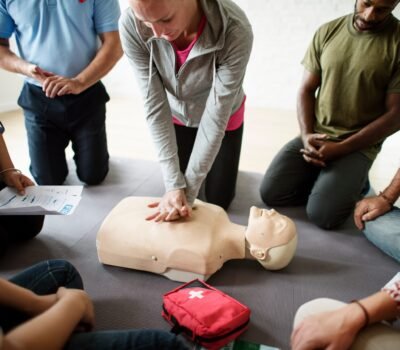
CPR & Emergency Preparedness Policy
Ignite Families ensures every staff member is CPR-certified and trained for crisis readiness. Our emergency procedures meet Joint Commission and state standards, covering life-saving response, communication, evacuation, and operational continuity to protect families and staff in any situation.

Drug Overdose Response & Narcan Protocol
Guidelines for recognizing and responding to overdose emergencies during home or community visits. Includes step-by-step response actions, Narcan administration procedures, and staff training requirements to ensure safety and preparedness in critical situations.
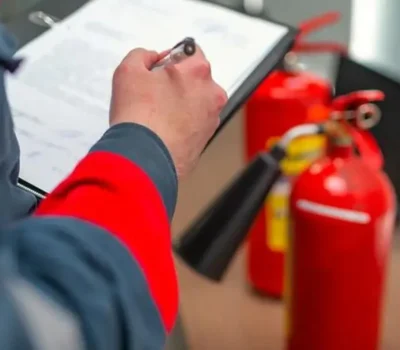
Fire Safety & Infection Control Policy
Ignite Families maintains strict fire safety and infection prevention protocols to protect staff and clients. Our plan ensures safe evacuation, proper extinguisher use, and seasonal illness control through hygiene, vaccination, PPE use, and non-punitive sick leave practices.

Fentanyl Poisoning Awareness
Fentanyl is an extremely potent synthetic opioid, up to 100 times stronger than morphine, and a leading cause of fatal overdoses. It is often secretly mixed with other illicit drugs, and its presence cannot be seen, tasted, or smelled.

Kidnapping & Abduction Response Policy
Ignite Families prioritizes child safety during all visitations. Staff must act immediately by contacting 911, alerting supervisors, and documenting incidents. In case of a successful abduction, detailed information is provided to law enforcement and DCS to ensure a rapid, coordinated response.
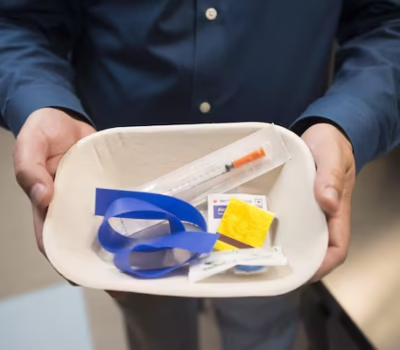
Learning Library & Safety Protocols
Explore Ignite Families’ comprehensive Learning Library, featuring essential training and safety guidelines for staff. From supervised visitation and crisis care to burnout prevention, sentinel event reporting, and overdose response, our resources strengthen preparedness, compassion, and resilience in every service we provide.

Pest & Infestation Safety Policy
Guidelines for identifying and safely responding to pest infestations such as rodents, roaches, bed bugs, and lice during home visits. Includes procedures for reporting, exposure confirmation, and vehicle cleaning reimbursement to ensure staff safety and professionalism.
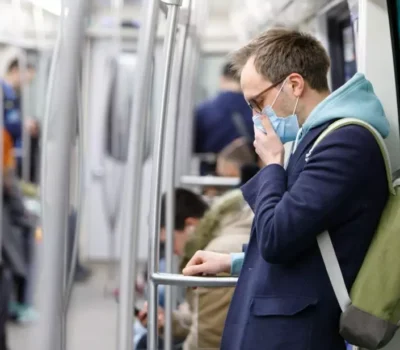
Pandemic Response Policy
Ignite Families follows all DCS, CDC, and state health department protocols during public health emergencies. Services may shift to virtual or outdoor formats, and PPE use is mandatory for in-person visits. Staff undergo symptom screening, and paid sick leave is provided to prevent illness spread. The policy ensures safe, uninterrupted care for families and staff during pandemics.

Safe Sleep Policy: Car Seat Use After Sleep
This policy ensures infant safety by prohibiting car seats as sleep spaces outside vehicles. Sleeping infants must be moved to a firm, flat surface like a crib or playpen immediately after travel. It follows AAP and CDC guidelines to prevent suffocation and sleep-related deaths.
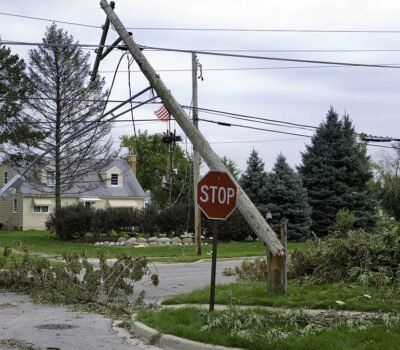
Tornado & Earthquake Plan
This plan guides staff and clients on how to stay safe during tornadoes or earthquakes. It includes clear steps for indoor, outdoor, and driving situations to minimize risk and ensure protection during natural disasters.

Transportation of Client Personal Belongings Policy
This policy outlines safety rules for transporting client items to prevent contamination, infestation, or liability. Staff may only move small personal items and must inspect belongings before transport while maintaining respect and clear communication with clients.

Visitation Safety Protocols
This policy ensures safe, structured supervised visitation by verifying visitor identity, maintaining constant supervision, documenting all visits, and prohibiting unsafe behavior. It outlines emergency steps to protect children while supporting healthy family interactions.

Workforce Safety & Well-Being
This policy promotes a safe, respectful, and supportive workplace through zero-tolerance conduct standards, annual risk reviews, staff training, and mental health support. It ensures employees remain safe, resilient, and equipped to serve families effectively.

Workplace Violence Prevention & Response Policy
This policy establishes a zero-tolerance standard for violence, threats, and harassment. It outlines prevention, reporting, and emergency response steps to ensure all staff remain safe, supported, and protected in office and field environments.
